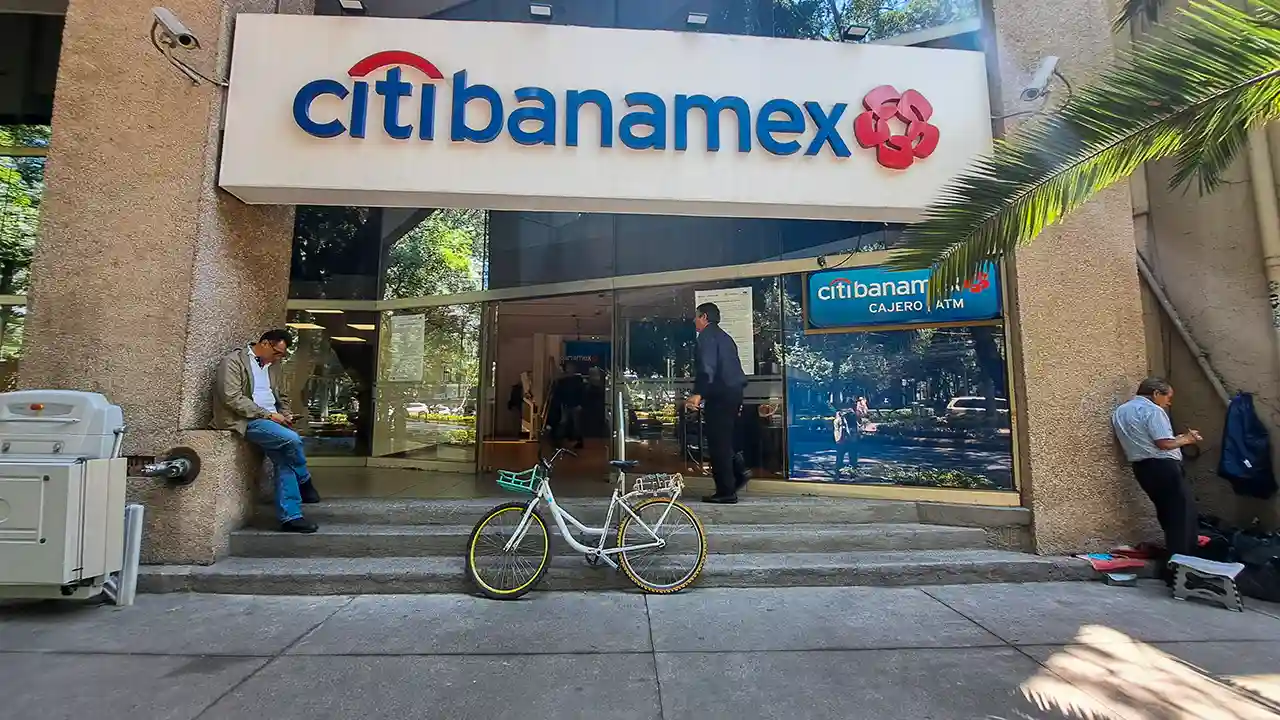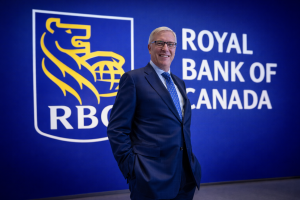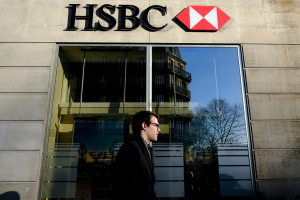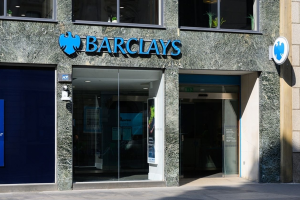
Citigroup’s decision to reject Grupo Mexico’s $9.3 billion offer for its Banamex unit marks a significant moment for both U.S. and Latin American banking. Citi aims to reconfigure its global operations, and the sale of Banamex—Mexico’s fourth-largest bank—has been a centerpiece of that plan.
Negotiations reportedly broke down over valuation and control issues. Grupo Mexico sought operational independence and strong management influence, while Citi preferred to retain a stake in Banamex’s institutional and corporate banking arm. The disagreement highlights the complexities of cross-border banking acquisitions, particularly in markets where regulatory oversight is evolving.
For Mexico, the delay in Banamex’s sale introduces uncertainty into a market already dealing with tight credit conditions and interest rate pressures. For Citi, it represents another chapter in its strategic shift toward digital banking and wealth management, as it trims down retail exposure in non-core markets.
Analysts expect Citi to either revive talks with other bidders or move toward an IPO for Banamex, allowing broader investor participation.
Closing Insight:
Citi’s Banamex saga shows how even global lenders must balance local market dynamics with global strategies. The future of banking may lie not in ownership battles—but in flexibility and partnership.
 Previous Post
Previous Post
Top 4 Insights from Michael Barr’s Speech to Community Bankers
 Next Post
Next Post
Fed’s Bowman and Community Bank Leaders Urge Tailored Rules and Deposit Insurance Reform

March 2, 2026

March 2, 2026

March 2, 2026

February 27, 2026

SKN | Dave McKay to Speak at 2026 RBC Capital Markets Financial Institutions Conference

SKN | HSBC Sees Gradual Market Adoption for QuantumScape: Breakthrough Potential Versus Capital Discipline

SKN | Barclays Lowers Price Target on United Wholesale Mortgage: Rate Sensitivity and Margin Compression in Focus